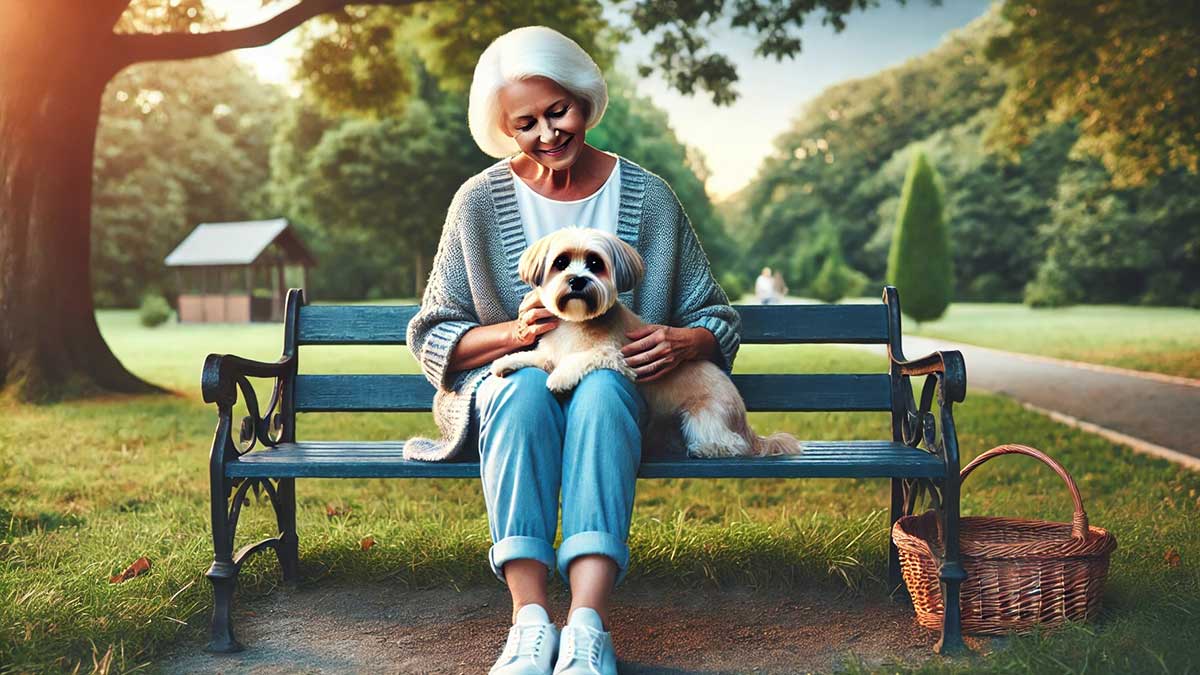Everyone feels lonely sometimes, so it’s often easy to write off older adults who seem to be alone as having a relatively common and benign experience. However, older adults are more likely to be at risk of increased loneliness or social isolation. Loneliness is the feeling of being alone, while social isolation refers to a lack of social connections. Seniors may experience one or both conditions as they age.
The Prevalence of Loneliness and Social Isolation Among Seniors
Research shows that one-third of adults aged 45 and older feel lonely, and nearly one-fourth of adults aged 65 and older are considered socially isolated.
Factors Contributing to Social Isolation in Older Adults
Seniors are even more likely to experience the effects of social isolation if other factors often accompanying getting older are also present. Some of those qualifying conditions may include living alone, being unable to leave their home, or living in a neighborhood that is challenging to reach. The effects of social isolation and loneliness are also increased if the individual has experienced a major life change, such as retirement, the death of a spouse or partner, or becoming a caregiver. Physical challenges, such as hearing loss, or psychological challenges, such as depression, can also increase the effects of social isolation. Social isolation is also associated with significant physical and mental health risks.
The Health Risks of Social Isolation and Loneliness
To avoid the impacts of social isolation and loneliness, we recommend reaching out to friends and family – in person if possible or through phone or video calls, text messages, and emails. Meeting new people in your local community can also be a great way to avoid isolation, which can be done by simply introducing yourself to neighbors, trying a new hobby, finding a faith-based organization to join, or volunteering for a cause you believe in.
Adopting a pet can also be a source of comfort and help alleviate loneliness (although we recommend adopting an older or easier to care for animal rather than an energetic puppy!). And as always, talking to your doctor about your experiences can help as well.
Strategies to Combat Loneliness and Social Isolation
There are also community resources you can use or offer a senior in need. Locally, Lifespan IG offers virtual groups to foster empathy and understanding across age groups by connecting older adults with college students. Their goal is to close the gap of loneliness and isolation of adults – young and old alike.
Community Resources to Help Seniors Stay Connected
There are many senior centers across Atlanta offering free or low-cost activities (Senior Services North Fulton, North Dekalb Senior Center, Helens S. Mills Multipurpose Facility) providing seniors with learning opportunities and a chance to build community.
Final Thoughts: You Are Not Alone
Remember — social isolation and loneliness can be tremendous burdens, but you are not alone. Resources are available to support you and your loved ones during challenging transitions and circumstances. Stay connected, lean on your support networks, and use community resources.




